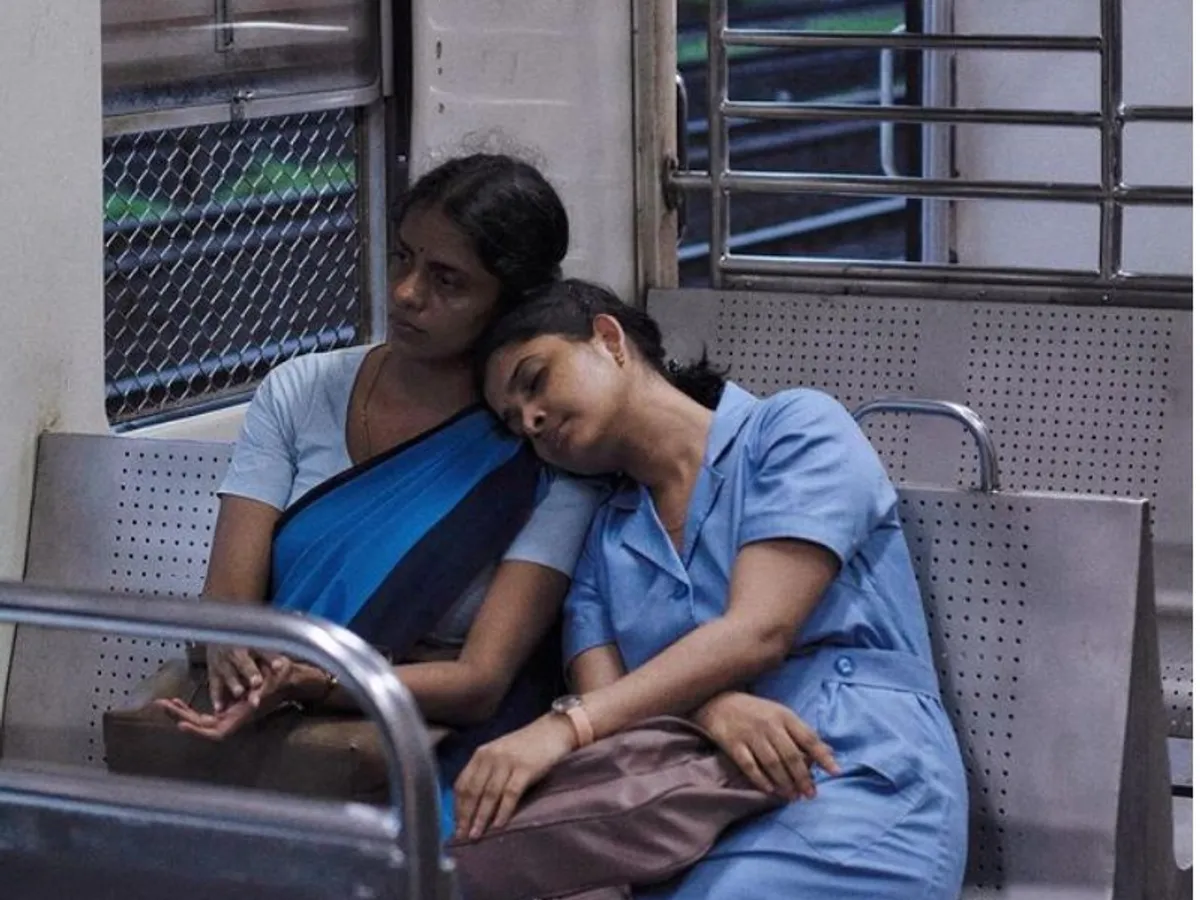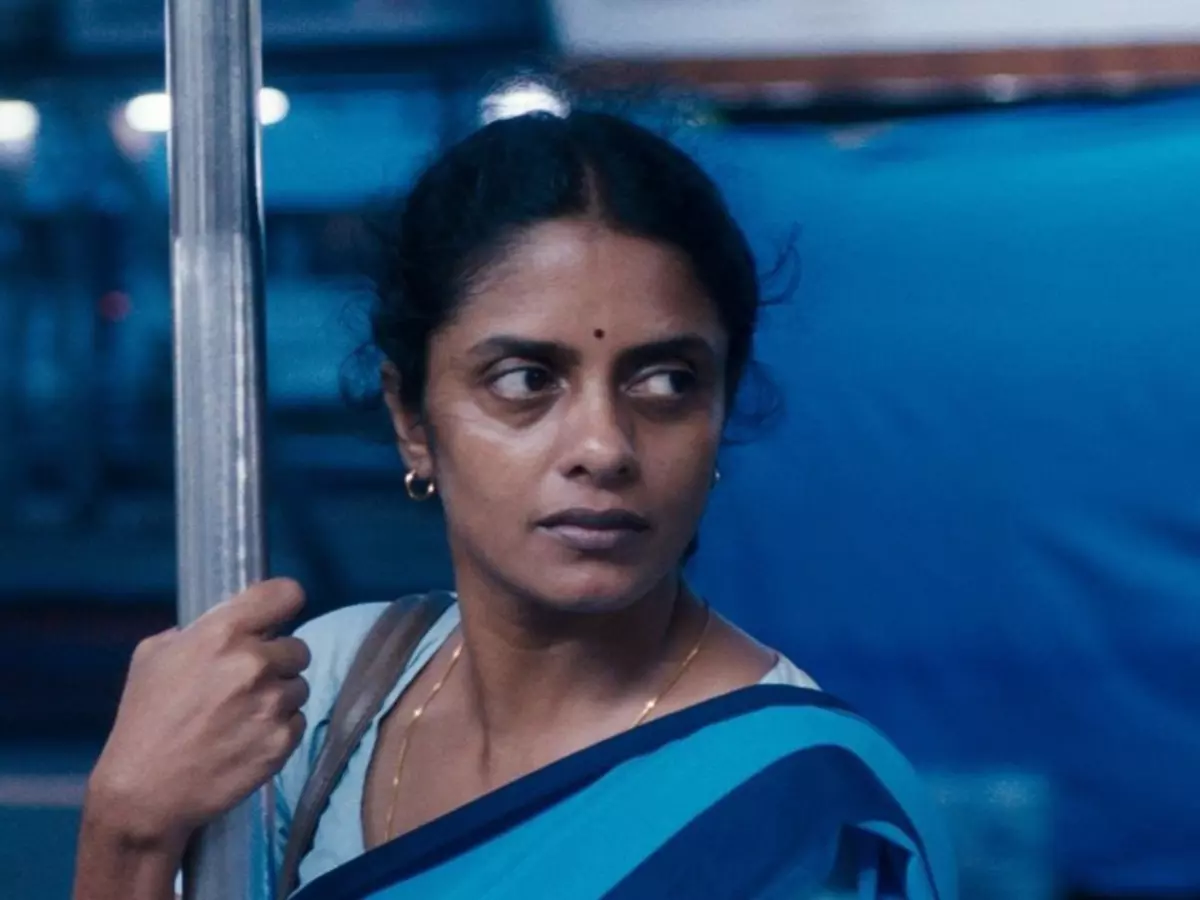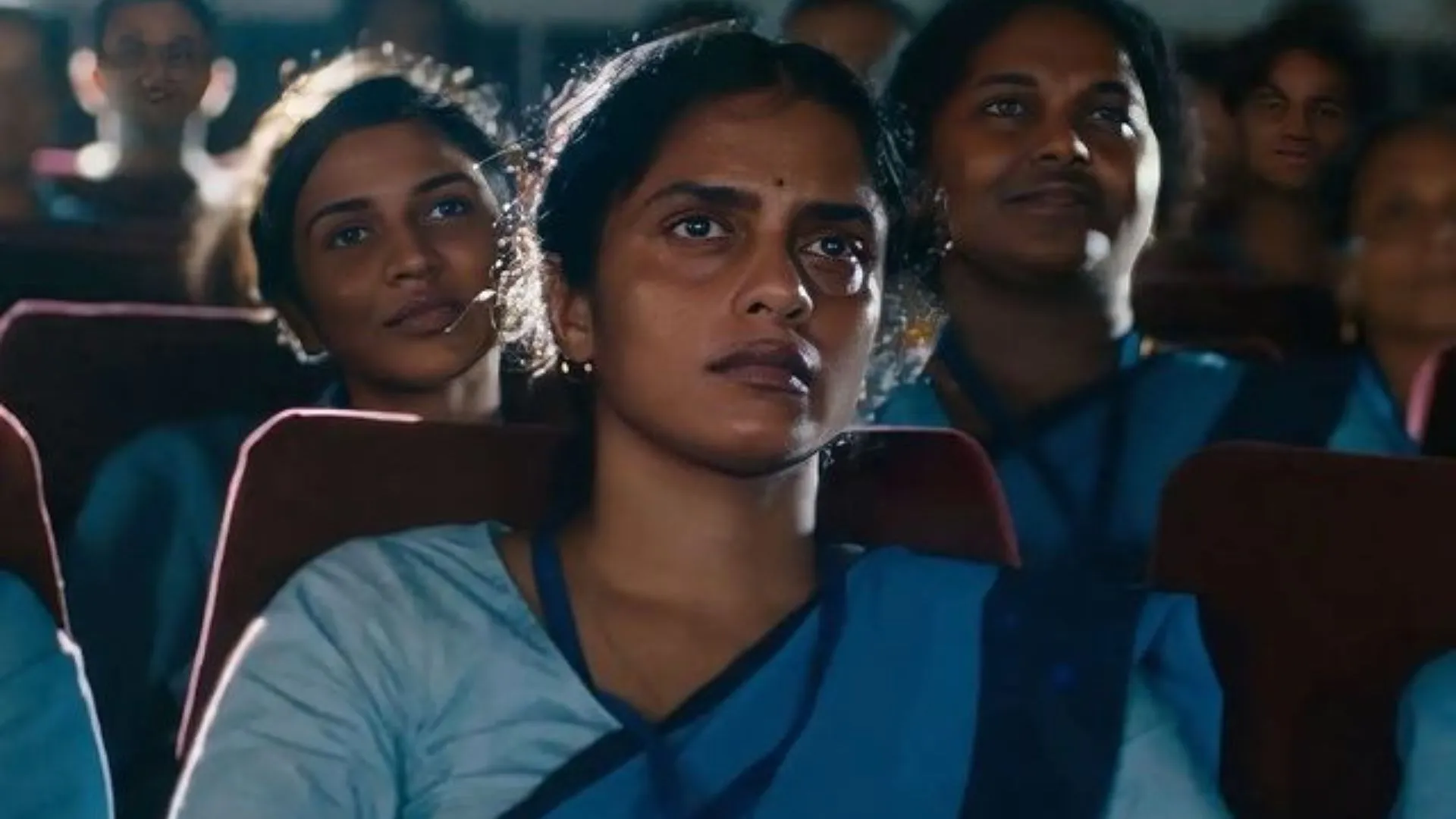Mumbai is known for its fast pace and unrelenting nature, where everything moves with a rhythm that can consume you. This is the backdrop of All We Imagine As Light, Payal Kapadia’s second feature film, which explores the lives of two nurses from Kerala, Prabha and Anu.
The film beautifully captures their contrasting lives, immersing viewers in the daily grind of the city. While Prabha is caught in the emotional turmoil of her estranged marriage, Anu is free-spirited and engaged in a clandestine romance. The movie delves into their personalities, dreams, and the realities of life in Mumbai, offering an intimate exploration of love, hope, and freedom.
The film is not only a portrayal of these two women but also an ode to Mumbai. Through its documentary-style narrative, Kapadia explores the stories of people who have migrated to the city, seeking freedom and a better life.
With a slow and meditative pace, the film examines how these characters navigate their insecurities and desires, building a personal connection to Mumbai. By focusing on the everyday lives of its protagonists, All We Imagine As Light offers a subtle reflection on the city’s paradoxes—its chaos and its quiet moments of clarity.

The Two Protagonists’ Struggles
Prabha’s life is marked by a deep sense of loneliness and longing. She works tirelessly at a hospital, displaying tenderness to her patients while secretly yearning for the return of her estranged husband. Her marriage, once full of hope, is now defined by distance and broken promises.
She clings to the memory of her husband, even as his presence in her life fades. In a moment of emotional release, she receives a rice cooker from him, which symbolically represents her unfulfilled marriage. Despite a budding connection with a fellow doctor, Prabha is unable to embrace love again, leaving her emotional scars unhealed.
In contrast, Anu is a young woman embracing the freedoms that the city offers. She enjoys a secret relationship with Shiaz, a Muslim man, while hiding it from both her friend Prabha and her parents. Anu’s rebellion against societal expectations is central to her character, as she continuously defies the norms imposed on her.
Despite the warnings from Prabha, who fears the consequences of Anu’s actions, Anu remains undeterred, pursuing her love with an intensity that mirrors her defiance of the city’s judgments. This youthful pursuit of passion contrasts sharply with Prabha’s emotional restraint.

The Quiet Realization of Inner Light
The narrative reaches a turning point when Prabha and Anu accompany a fellow nurse, Parvaty, to her native village, where they share intimate moments of joy and discovery. In a poignant scene, Prabha witnesses a man being saved from drowning and, in the process, reimagines her own estranged relationship.
This moment of resuscitation allows Prabha to confront her emotional void and come to terms with the fact that her husband will not return. By the end of the scene, she has symbolically let go of her hope for reconciliation.
As the film concludes, Prabha begins to accept the small, quiet world around her, acknowledging the people who have become her new family. With a sense of peace, she gives her blessing to Anu and Shiaz’s relationship, understanding the power of love and freedom.
In this moment of clarity, Prabha realizes that the light she had been searching for was not outside of herself but within her own heart. This realization, framed by the backdrop of the seaside, marks her emotional transformation, as she embraces her newfound sense of belonging and self-acceptance.
All We Imagine As Light is a testament to Kapadia’s unique style, blending documentary realism with narrative storytelling. It is a film that speaks to the everyday struggles of people in Mumbai, yet it also tells a deeply personal story about love, loss, and self-discovery.
Kapadia’s work earned her international recognition when the film won the Grand Jury Prize at the 2024 Cannes Film Festival. The victory marked a significant achievement, making her the first Indian filmmaker to receive the prestigious award at Cannes. The film’s release in Indian theatres on November 22, 2024, followed the buzz from its Cannes premiere earlier in the year.
Kapadia’s exploration of the human condition through the lives of her characters presents a refreshing take on the city of Mumbai, often depicted in films as a sprawling, bustling metropolis. In All We Imagine As Light, the focus shifts from the city’s frenetic pace to its quieter, more intimate moments, providing a deeper understanding of its inhabitants’ emotional landscapes. Through this film, Kapadia showcases her ability to weave complex emotional threads into a narrative that resonates universally.



